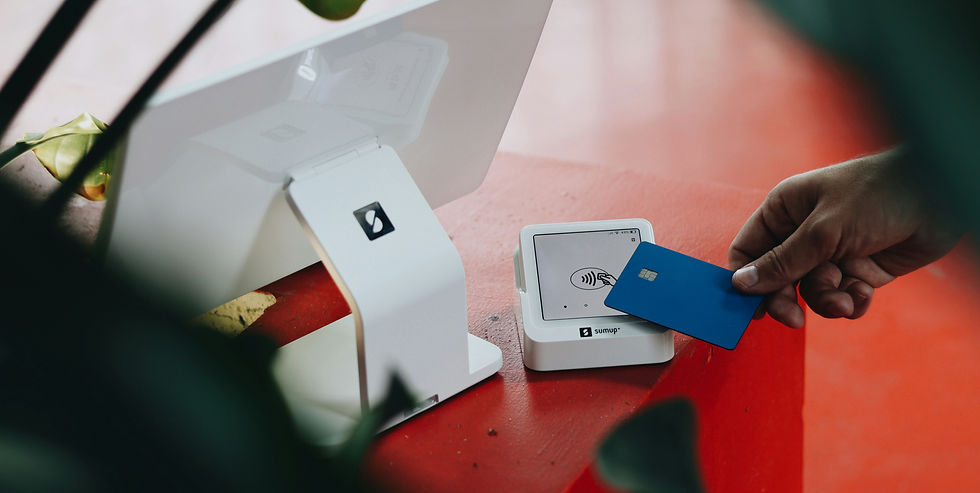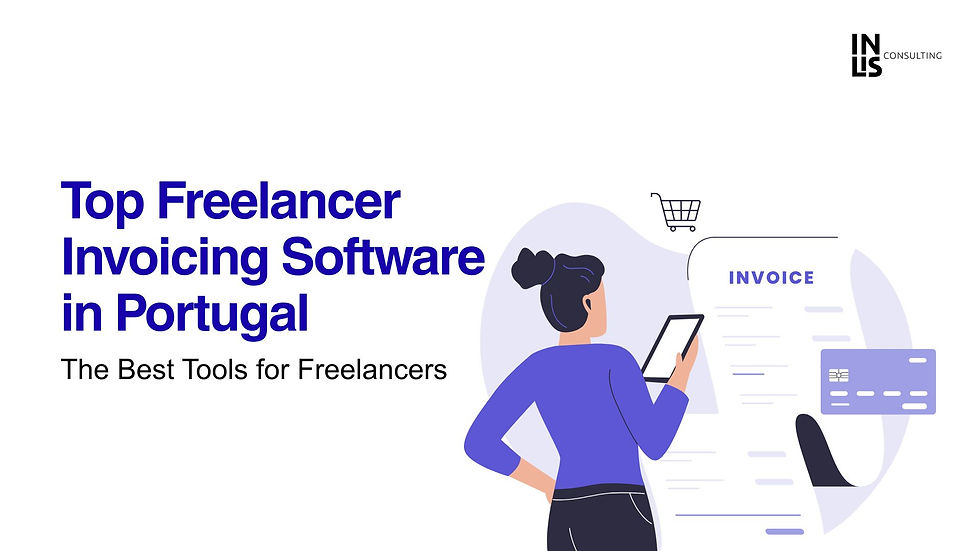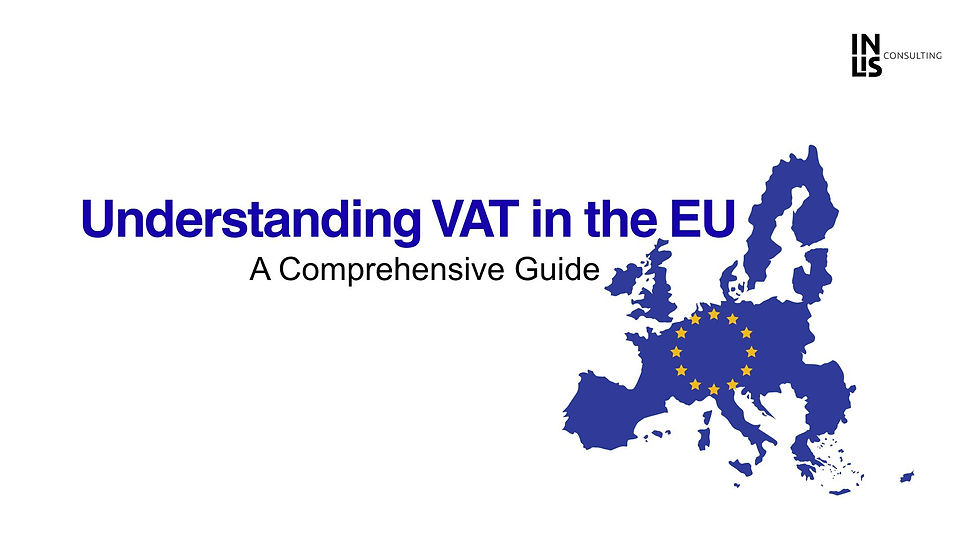Real-Time E-Invoicing in Portugal
- INLIS Consulting
- Sep 26, 2025
- 3 min read
Portugal has announced that it is starting to prepare its e-invoicing system for new European rules. These rules will require companies to send invoice details to tax authorities in real time, especially for cross-border business. The goal is to make VAT reporting more modern, transparent, and secure.

The European Union wants all member states to adopt this system by 2030, with full connectivity between countries by 2035. That may sound far away, but big changes like this take years to prepare.
Why the EU is Doing This
The plan comes from the EU’s “VAT in the Digital Age” project. The main goals are:
Stop VAT fraud by tracking invoices as they happen.
Make trade simpler across EU countries with one common system.
Reduce paperwork in the long run, since much of the reporting could be automatic.
Right now, each country has its own e-invoicing rules. The EU wants to connect them all together, so businesses can trade across borders without extra steps.
Why Portugal is Acting Early
Portugal doesn’t want to be caught unprepared. By starting work now, the government can:
Adjust the current e-invoice platform step by step.
Give businesses and accountants more time to adapt.
Avoid problems when the deadline comes.
Stay competitive with other EU countries that are also moving forward.
Challenges Ahead
This change will not be easy. Some of the main challenges include:
Technology upgrades – the system must handle lots of data instantly and securely.
Standard rules – all countries must agree on what an invoice looks like and what data it must include.
Privacy concerns – invoices often contain sensitive information that needs protection.
Costs for small businesses – many will need new invoicing software or training.
Training and awareness – both companies and accountants need to understand how the new process works.
What Businesses in Portugal Can Do Now
Even though the new system is years away, companies should start preparing early. Here are some steps:
Stay informed about updates from the government and tax authority.
Check your invoicing software to see if it will support real-time reporting.
Plan your budget for possible upgrades, training, or consulting help.
Train your staff so they know how to issue invoices quickly and correctly.
Join pilot programs or industry discussions to stay ahead.
Review your processes – invoices may need to be issued immediately after a sale, not days later.
Opportunities for Businesses
This shift isn’t only about compliance. It can also bring benefits:
More trust and transparency in business.
Faster data insights for both companies and tax authorities.
Less manual paperwork over time.
Easier cross-border trade inside the EU.
New tools and services from software providers to make invoicing smarter.
What We Still Don’t Know
Portugal hasn’t explained all the details yet. Businesses are waiting to find out:
Which types of invoices will need real-time reporting
How quickly invoices must be submitted.
What data must be included.
How errors will be handled.
What kind of support small businesses will get.
How strict will the penalties be if companies fail to comply
Final Thoughts
Real-time e-invoicing is coming, and Portugal is wisely starting to prepare now. The change will affect all companies that trade across borders, but it will also bring more fairness, efficiency, and simplicity in the long run.
For businesses, the best approach is to start preparing early — update systems, train staff, and stay informed. That way, when the rules take effect, the transition will be much smoother.




Comments